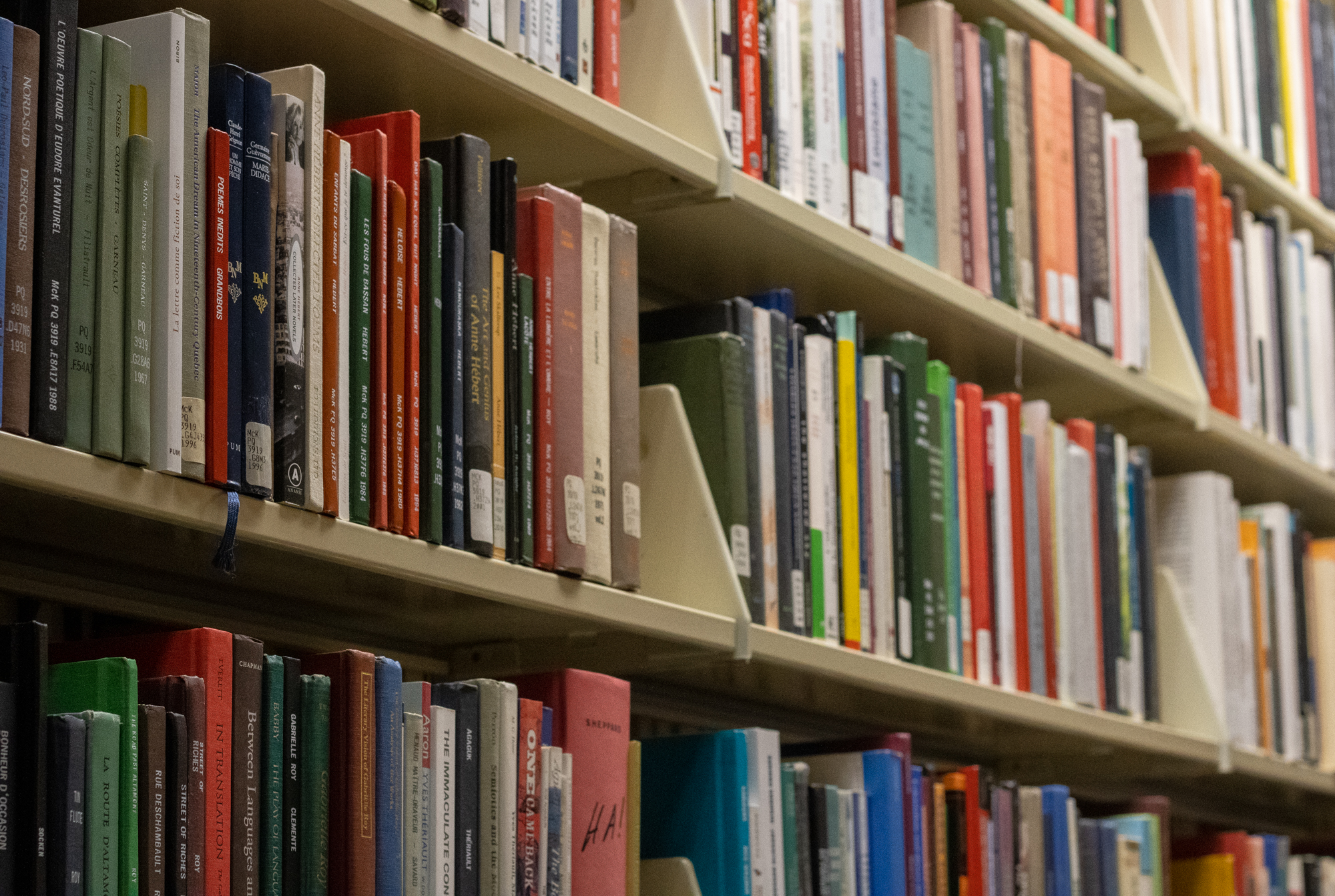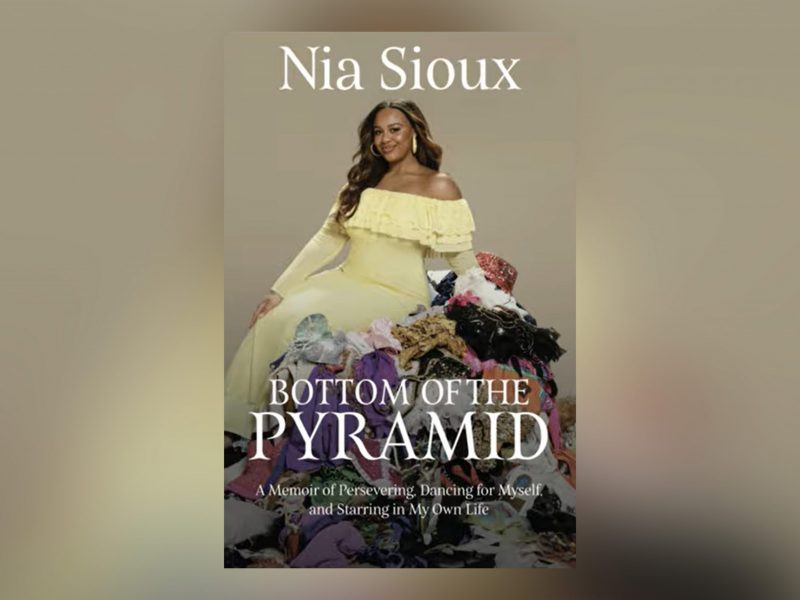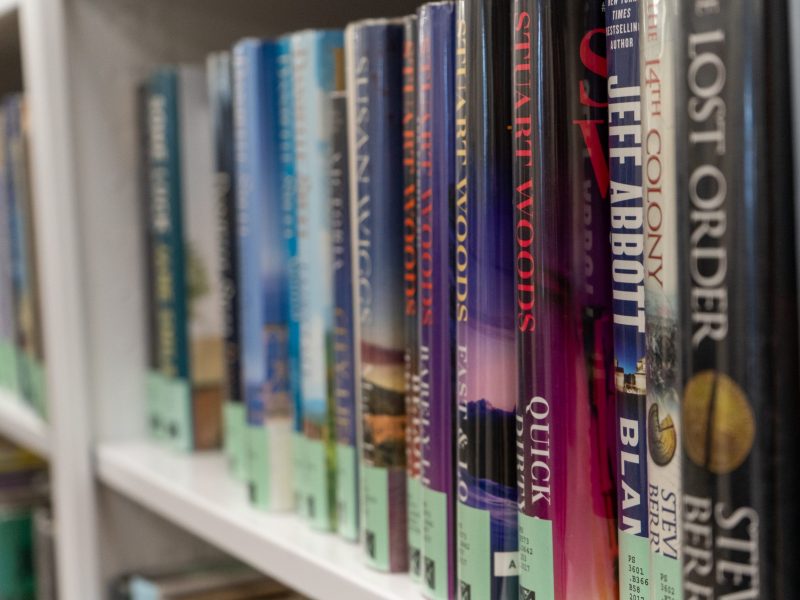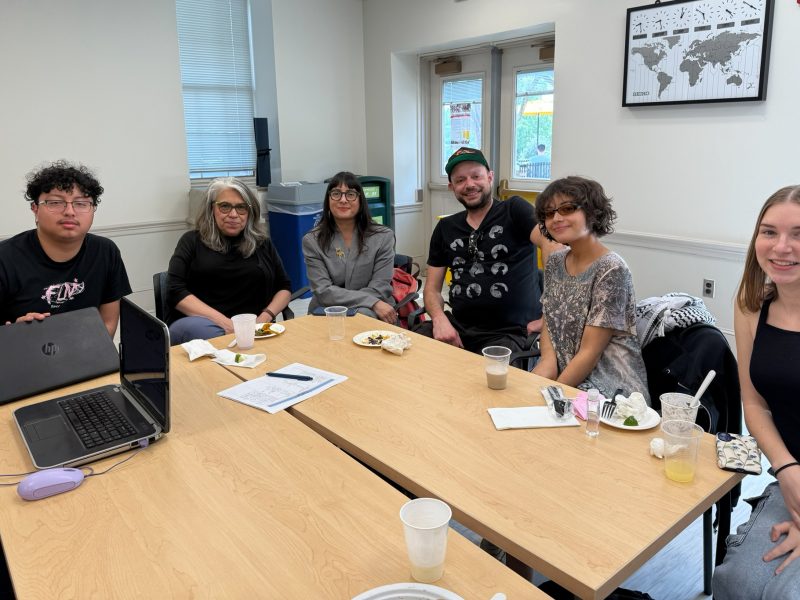Tiger mom. Math whiz. Model minority.
All of these Asian stereotypes — spoon-fed to us by books and movies — have shaped the way we view Asian American culture. But in recent years, a shift from being seen as “nerdy” or “weird” to edgy and hip, has caused Asian culture to quietly fold itself into our pop culture.
The University of Maryland’s Asian American and Pacific Islander Literature and Media Club aims to keep this momentum going and rewrite people’s understanding of the Asian American experience.
Senior English and marketing major Julie Cha founded the club toward the end of her sophomore year, due to the lack of diverse representation of Asian American literature among the University of Maryland’s English department.
“There’s so much more than just immigrant experiences. There’s so much more than growing up in a tiger mom household. There’s so much more than being a model citizen,” Cha said.
[5 podcasts every college student should tune into]
She hopes to expand awareness of the diversity throughout Asian literature and highlight Asian authors who provide unique experiences to combat the perception of the stereotypical Asian American.
“I think AAPI lit is really a tool for modern literature, because it allows perspectives and stories that might not have been heard otherwise, to come to the forefront and flourish,” said junior environmental science and technology major Sarim Zafar.
Asian literature is often written, packaged and commodified nicely for the timid reader who wants to “branch out” from their regular reading. For most authors, this looks like passing off white-centric stories disguised behind the Vietnam or Korean War, like Kristen Hannah’s The Women or Tim O’Brien’s The Things They Carried .
For readers, this is a comfortable, safe distance from which to read about Asian culture, with a familiar and recognizable buffer between them and foreignness. The AAPI Literature and Media Club seeks to actively rewrite this overdone story.
Zafar said the club helped him to look beyond the Western canon of literature and read stories in which glimpses of his own voice can be reflected back from the pages.
“AAPI lit allows an alternative perspective … that’s not fully dwelled on in a lot of mainstream literary spaces,” Zafar said.
In the club, the members discuss books that deviate from what you would think of as traditional Asian literature. The Asian immigrant or the Asian soldier story is one that has been written over and over again, endlessly forcing the Asian character to perform the same tricks for a reader who demands to be entertained by the “otherness” of their story.
I have read countless novels and watched countless movies where I’m excited to see Asian representation, only to be disappointed when the character has no real depth.
The club’s book of the month was Yellowface by R.F. Kuang, a satirical novel that deals with the issues of performative diversity within the publishing industry, a very apt pick for a book club that tackles the commodification of Asian American voices.
The novel isn’t your average Joy Luck Club, but instead a sharp, punchy and sometimes bitter look at fake diversity in the literary world.
[Tyler, the Creator’s ‘Chromakopia’ retains unique style with minimal skips]
“People kind of assume a more studious, academia-based recognition of Asians,” Cha said. “It’s super important to showcase that there is a whole other side [of Asian Americans] that … not only exists, but that has been suppressed, especially in Western media,” Cha said.
Club member Matthew Gu, a sophomore computer science and English major, praised the pick of Yellowface, noting that the book has a meta aspect to it.
“[Yellowface] doesn’t really explore an Asian American perspective in the traditional sense, where a protagonist is Asian American. But it still comments a lot about what it means to be Asian American in the publishing industry,” Gu said.
The AAPI Literature and Media Club doesn’t take the road that you expect, instead challenging its members to look at what Asian American literature really means as the uncomfortable question of Asian American identity hits home for the members.



